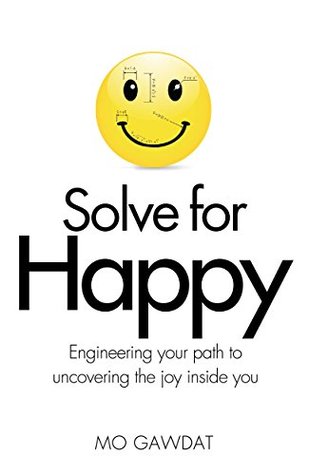Shockingly, the accuracy of most knowledge—even scientific knowledge—suffers because we ignore unknown unknowns. Take physics, for example. Sir Isaac Newton discovered gravity and published his laws of motion in 1687, forming the foundation of what we now know as classical mechanics. Those laws were fiercely debated until they were undisputedly proven and accepted. Once proven, scientists embraced them as facts that govern everything from the falling of an apple to the orbiting of the moon and planets.
Welcome back. Just a moment while we sign you in to your Goodreads account.


